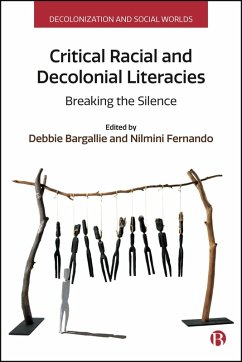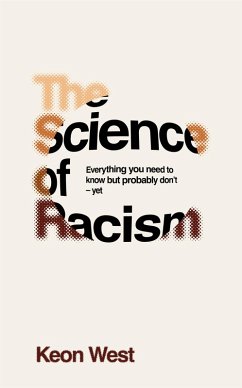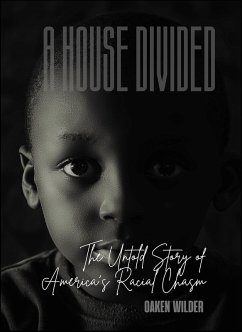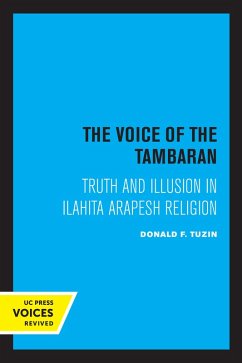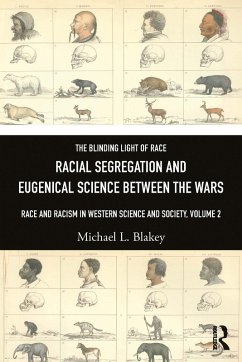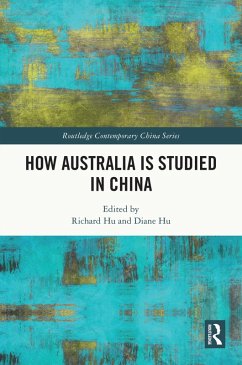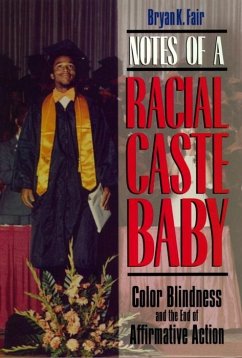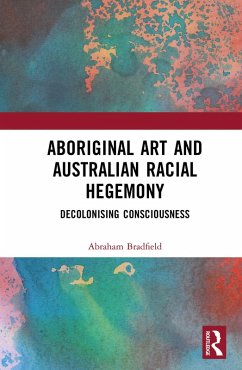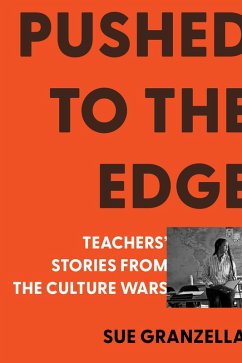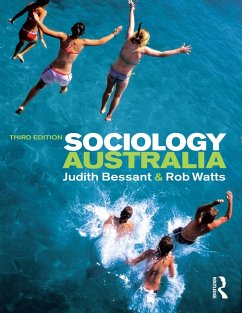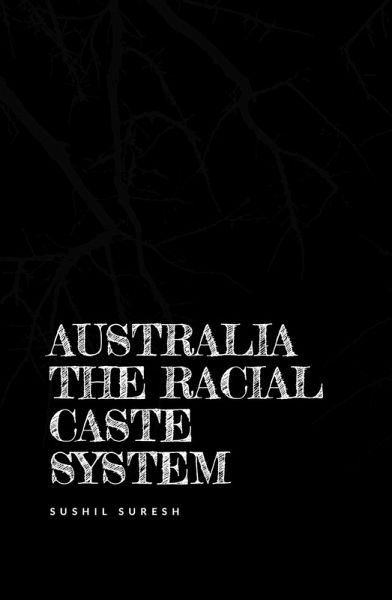
Australia the racial caste system (eBook, ePUB)
Versandkostenfrei!
Sofort per Download lieferbar
9,49 €
inkl. MwSt.
Weitere Ausgaben:

PAYBACK Punkte
0 °P sammeln!
Australia the racial caste system is a critique of the idea of a post-racial plural Australia, and the politics of immigration and multiculturalism. The book is about the denial of the centrality of race in Australian history, politics and social life, and it critiques Australia's self-image as a settler society built on successive waves of immigration. It argues that contrary to common conceptions that see racism as irrational behaviour or an aberration, Australian society is organised towards the promotion of racial hegemony. It argues that society and culture should not be viewed as above o...
Australia the racial caste system is a critique of the idea of a post-racial plural Australia, and the politics of immigration and multiculturalism. The book is about the denial of the centrality of race in Australian history, politics and social life, and it critiques Australia's self-image as a settler society built on successive waves of immigration. It argues that contrary to common conceptions that see racism as irrational behaviour or an aberration, Australian society is organised towards the promotion of racial hegemony. It argues that society and culture should not be viewed as above or beyond race, but that they are always already racialised phenomena, and the distinction between race and racism cannot be pushed beyond a point.The book argues that Australia's racialised history has formed all aspects of social life, and this history continues to determine the nature of current developments like immigration, multiculturalism and social hybridity. Arguments that minimise the importance of race rely on the fiction of race neutrality and colour blindness.
The book discusses research on immigration and the labour market to substantiate its argument: the labour market, housing and education are institutions that work to reproduce and reinforce Australia's traditional social hierarchy, which is the racial hierarchy. A central concern of the book is the crossover between folk or non-academic knowledge and academic knowledge. It maintains that academic knowledge is often a reflection of folk anxieties and beliefs, and demonstrates this through an examination of migration scholarship.The book argues that the segmentation of the labour market along the lines of race/ethnicity, and the distribution of migrants from the global south in low wage, low-statused occupations must not be seen as resulting from the circumstances of immigration, cultural issues or language barriers, but is rather the necessity of a caste order that realises its logic through the labour market, residential settlement and schooling.
The book calls into question the stated aims of importing skilled labour to fill shortages in Australia's modern economy. This social predicament - the dominance of migrants from the global south in certain sectors of the economy -challenges Australia's self-image as an immigrant nation and post racial paradise.The last sections discuss debates on housing, and argue that residential settlement patterns in urban Australia give us insights into the politics of race and racial segregation. It argues that housing wealth and residential segregation, together with education and the labour market, function to promote the value of phenotype in society. This value is an ethno-racial norm, and in the case of Australia this is the white norm. The white norm (ethno-racial norm) subjects the economy to its socio-political needs, and this political project shapes everyday life in Australia.
The book discusses research on immigration and the labour market to substantiate its argument: the labour market, housing and education are institutions that work to reproduce and reinforce Australia's traditional social hierarchy, which is the racial hierarchy. A central concern of the book is the crossover between folk or non-academic knowledge and academic knowledge. It maintains that academic knowledge is often a reflection of folk anxieties and beliefs, and demonstrates this through an examination of migration scholarship.The book argues that the segmentation of the labour market along the lines of race/ethnicity, and the distribution of migrants from the global south in low wage, low-statused occupations must not be seen as resulting from the circumstances of immigration, cultural issues or language barriers, but is rather the necessity of a caste order that realises its logic through the labour market, residential settlement and schooling.
The book calls into question the stated aims of importing skilled labour to fill shortages in Australia's modern economy. This social predicament - the dominance of migrants from the global south in certain sectors of the economy -challenges Australia's self-image as an immigrant nation and post racial paradise.The last sections discuss debates on housing, and argue that residential settlement patterns in urban Australia give us insights into the politics of race and racial segregation. It argues that housing wealth and residential segregation, together with education and the labour market, function to promote the value of phenotype in society. This value is an ethno-racial norm, and in the case of Australia this is the white norm. The white norm (ethno-racial norm) subjects the economy to its socio-political needs, and this political project shapes everyday life in Australia.
Dieser Download kann aus rechtlichen Gründen nur mit Rechnungsadresse in A, B, CY, CZ, D, DK, EW, E, FIN, F, GR, H, IRL, I, LT, L, LR, M, NL, PL, P, R, S, SLO, SK ausgeliefert werden.




